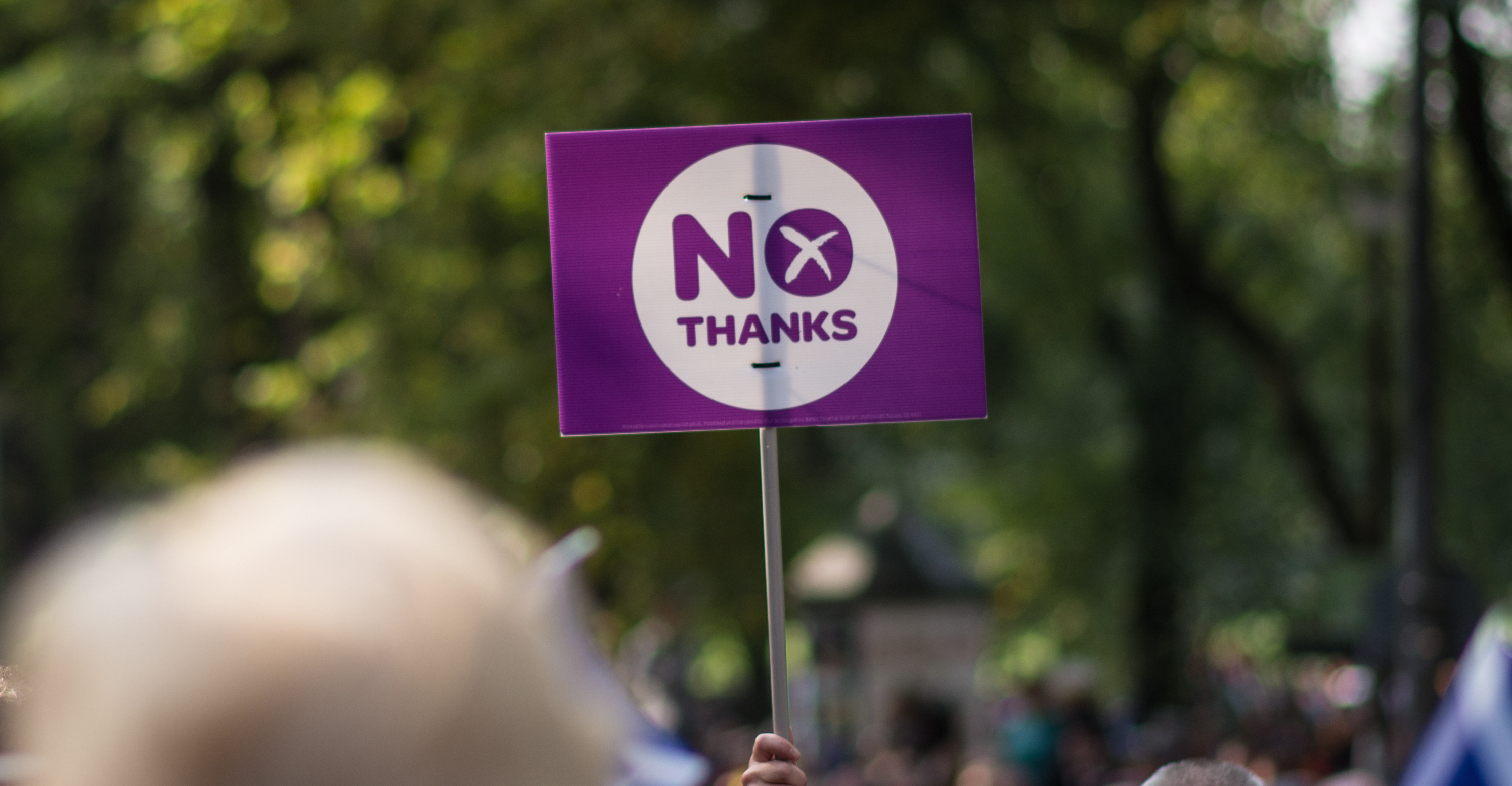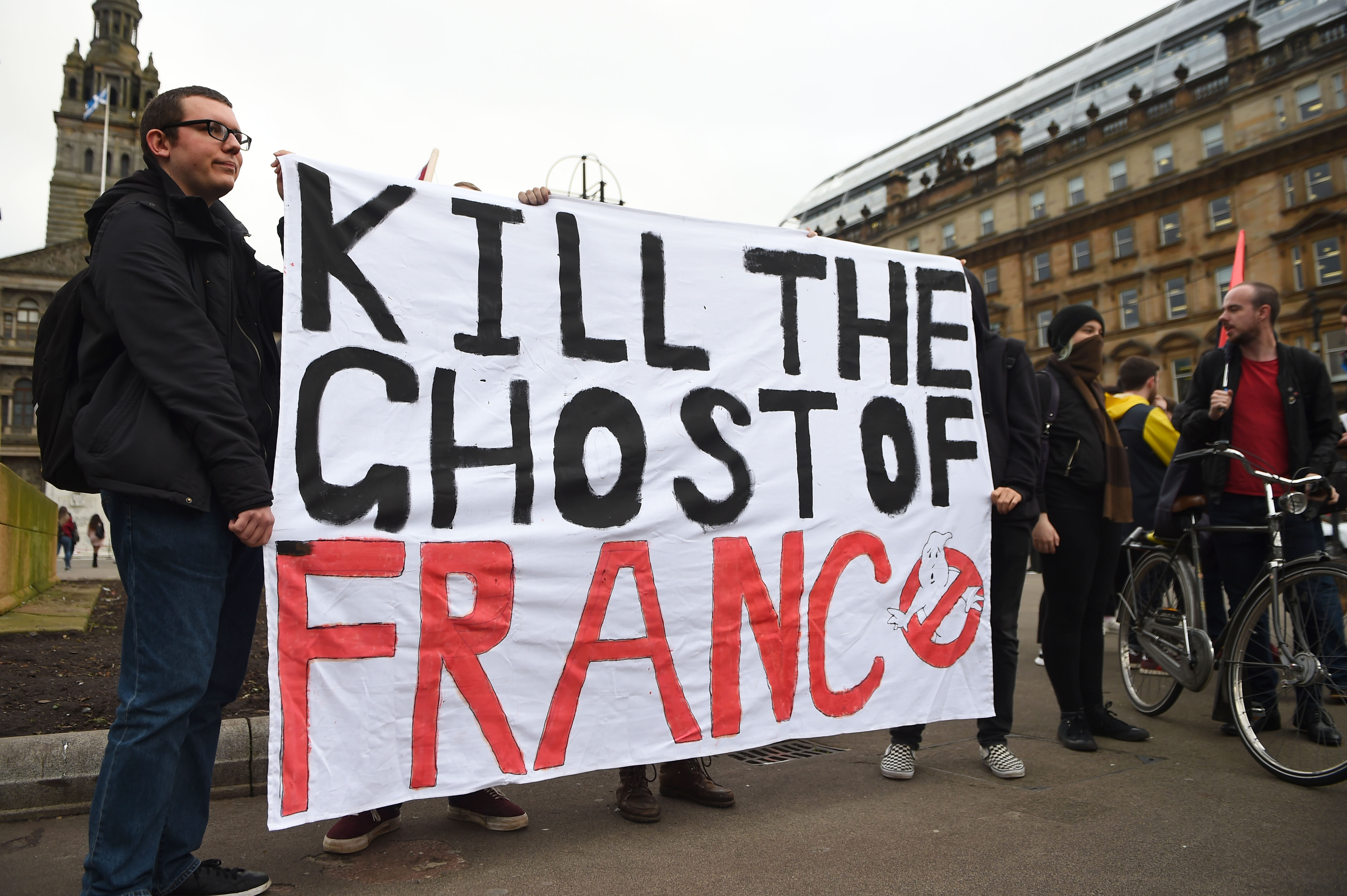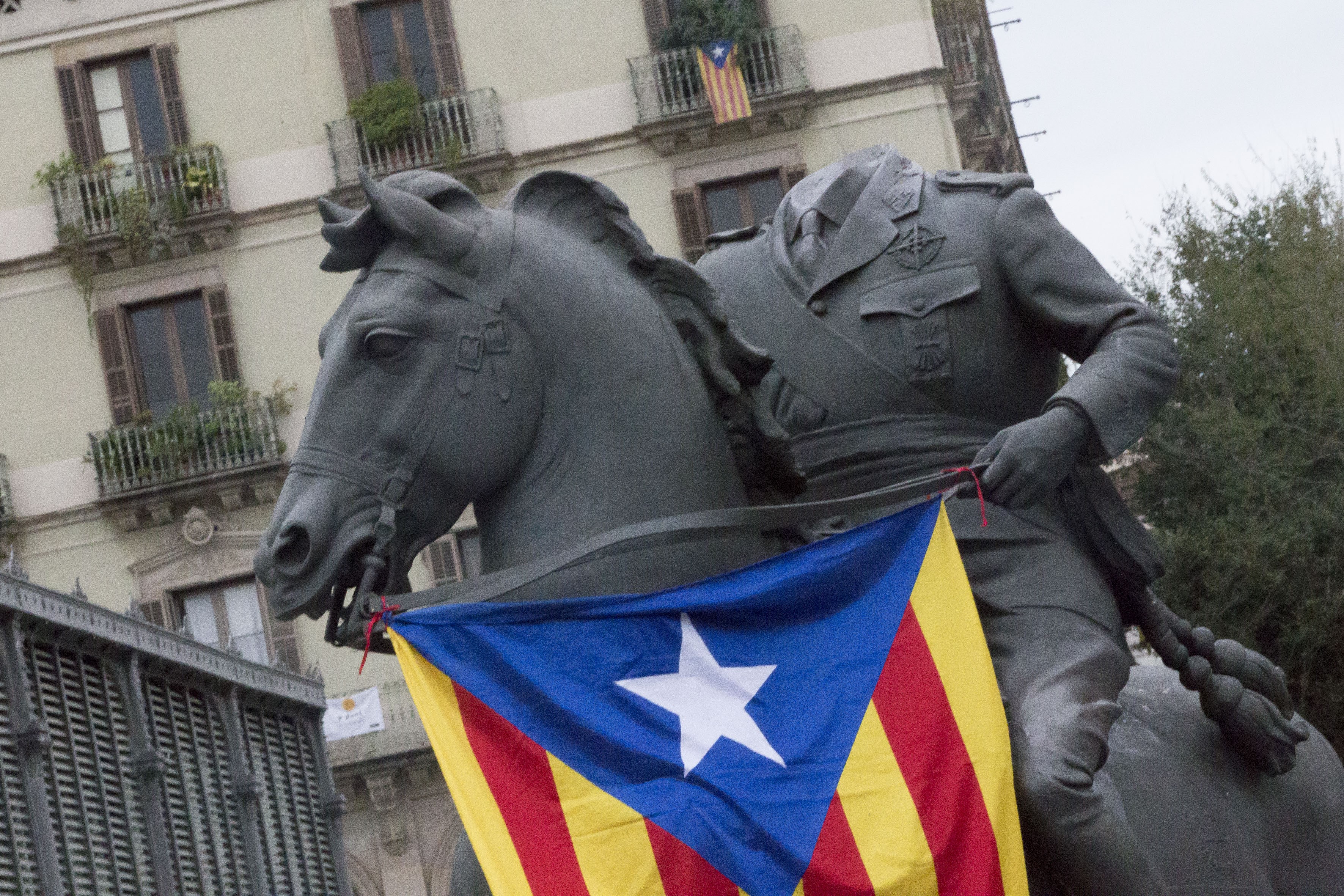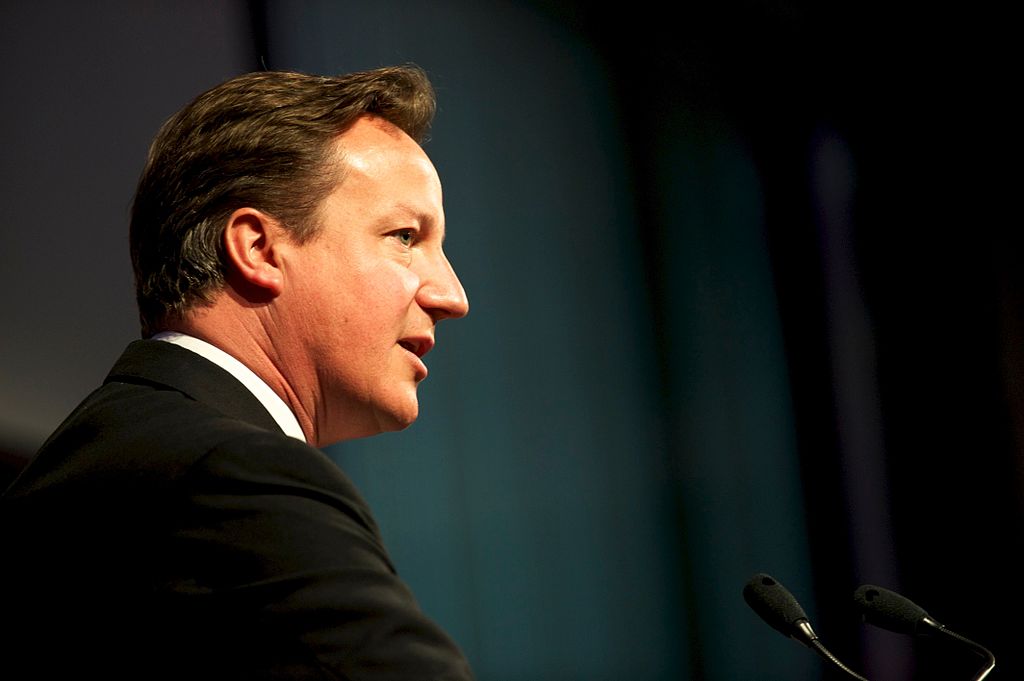
Politics & Society
Unified no more: Spain spirals towards constitutional crisis

While separatists in Scotland and Catalonia rally support by mixing stories of past conflicts with contemporary grievances, democratic bargaining is the more effective way to resolve nationalist tensions
Published 15 October 2017
The escalation of the Spanish-Catalan conflict is the latest expression of a wave of nationalist backlashes that have been sweeping Europe since the 2008 global financial crisis.
As national governments and the European Union (EU) fail to deliver effective responses to the drawbacks of a globalised economy, many are seeking shelter in the supposedly comforting world of the past: homogenous nation states within fortified borders.

The Catalan and Scottish independence movements embody the divisive power of this resurgent nationalism. In both cases, radical separatists weave together periods of past conflict with present-day economic and political grievances, to construct a story of continuous foreign oppression.
Mobilising nationalist passions, they reduce complex issues of belonging, territory, and economics to a single popular vote over independent statehood. The alternative, in their view, is national submission.
But why have these independence movements gained so much momentum in the past few years? Why do some independence movements take a violent turn while others seem to disappear? And what, finally, can be done to defuse them?
History, both real and imagined, shapes and drives the recent independence movements in Catalonia and Scotland. The War of the Spanish Succession (1702-14), when the Castilians (greater Spain) defeated the Catalans, and the Act of Union in 1707, when Scotland merged with England, serve as emotionally-charged reference points for separatists today.

Politics & Society
Unified no more: Spain spirals towards constitutional crisis
Portrayed as acts of foreign takeover of their ‘nations’, separatists use these events to bestow claims for secession with ‘objective’ historical legitimacy.
Without doubt, both the Catalans and the Scots share a past with periods of political oppression. Yet their regions’ histories also feature long periods of peaceful coexistence. Nations, moreover, are a modern phenomenon, and it is historically inaccurate to project either Scottish or Catalan nationalism back into pre-modern times. Today, both groups live in democratic states and enjoy substantial degrees of autonomy.
An equally credible reading of their histories would place emphasis on a difficult but ultimately successful process of regional modernisation and self-determination within democratic and federative British and Spanish states.
When governments respond to separatism they should capitalise on this shared history, without glossing over the periods of conflict.
What needs to be prevented at all cost is an escalation of violence. The breakup of Yugoslavia in the 1990s is a painful reminder of how separatism, in combination with an uncompromising central government and a divided international community, can cause civil war and mass ethnic ‘cleansing’.

Politics & Society
What’s wrong with Venezuela’s Constituent Assembly?
Between the outbreak of major hostilities in the summer of 1991, when Croatia broke away from Yugoslavia, and the Kosovo War of 1998–99, that conflict left over 140,000 dead and four million displaced.
Both the Croatian and the Bosnian wars were preceded by independence referendums boycotted by Serbs and considered illegal by the Yugoslav government.
The Spanish Civil War of 1936–39, all too present in the current conflict over Catalonia, represents yet another grim variant of states cracking down on political opposition and troublesome regional minorities.
Thanks to the support of Nazi Germany and fascist Italy, General Franco defeated the republican forces in April 1939 and established an authoritarian regime that lasted until his death in 1975. Seeking to forge a centralised Spanish state, Franco suppressed minority groups such as Catalans and Basques, many of whom had been supporters of the defeated republican side.
Historian Gabriel Jackson has estimated the total death toll of the Spanish Civil War at 580,000, with 200,000 Republicans killed by firing squads and in concentration camps between 1939 and 1941 alone.
While there are striking resemblances between the Catalan and Scottish cases, there are also crucial differences that help explain the dynamics of the two movements.

Crucially, the Spanish people have not yet come to terms with the civil war and the divisive Franco years. At some point the Spanish people, including the Catalans, must face this painful chapter of their past and renegotiate the consensus of what the Spanish nation is, where it is coming from, and how the different interests and identities should be balanced in the future. What is needed is a positive appreciation of their plural identities and memories.
In the Scottish case, in turn, David Cameron’s concession to hold a referendum allowed the debate to focus on costs and benefits, effectively sidelining ‘Braveheart nostalgia’. Moreover, the prolonged process of campaigning and public debate opened space for renegotiating and reconsidering the common framework of the United Kingdom.
With independence narrowly defeated in the referendum of September 2014, fully-fledged Scottish statehood seems to have lost its appeal.
History shows there is no use in trying to outlaw separatism, as the Spanish government has attempted. Instead, national governments and the EU need to provide a framework that allows for such grievances and movements to play out within the democratic and legal fields. This may, as a last resort, lead to national independence.

Yet there is much to be said in favour of pursuing, first and foremost, an open-ended process of round-table talks, public debate, electioneering, and diplomatic negotiations between elected regional representatives and the central government. This may be tedious and less spectacular than a one-time popular vote, but it corresponds more closely to diverse and overlapping political affiliations that usually characterise disputed regions.
Overall, a one-time popular referendum is a tempting but ultimately illusory way to resolve the multi-layered nationalist tensions in Europe today. Rather than providing a ‘definite’ answer of ‘national’ belonging, such votes come with immense economic and human costs that more careful democratic bargaining could help avoid.
Banner image: A banner at an anti-independence rally in Scotland in 2014. Getty Images